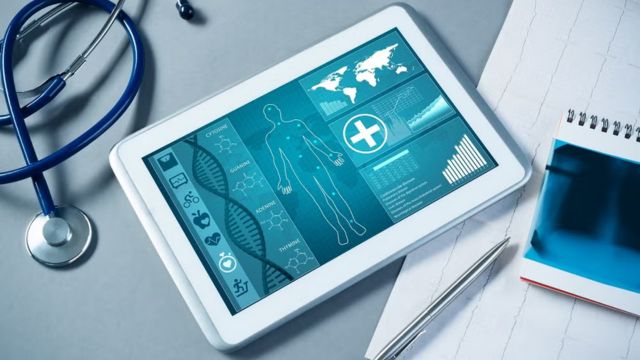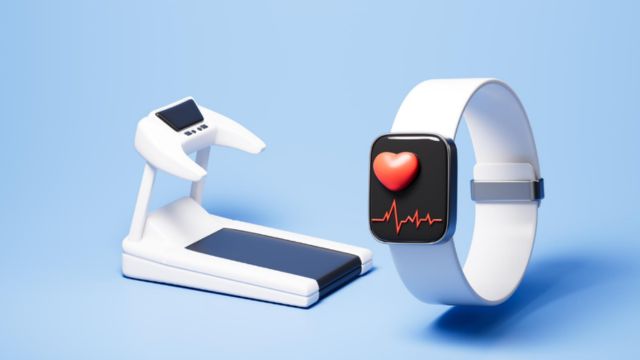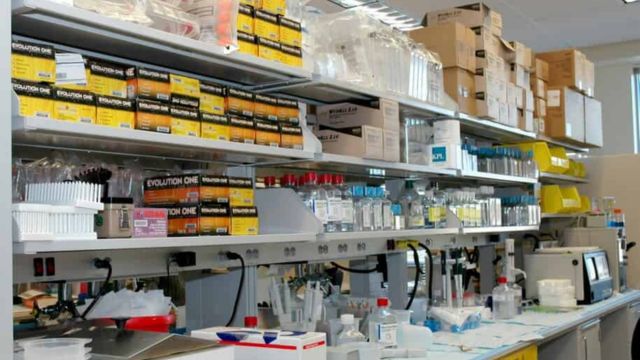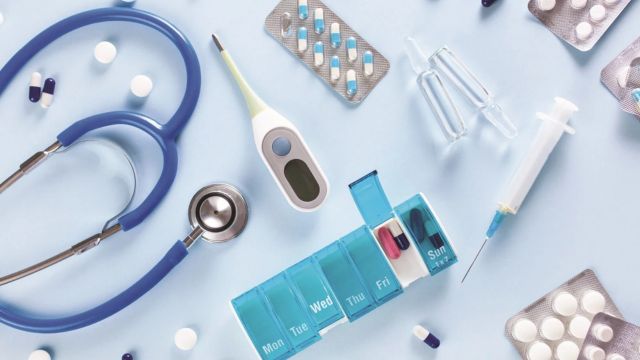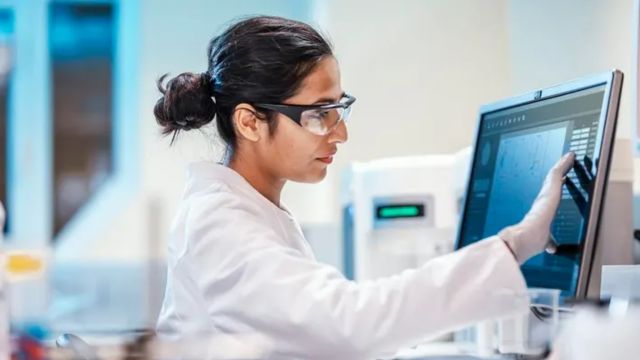A major step forward in healthcare, personalized medicine—also referred to as precision medicine—allows therapies and medical attention to be catered to the unique qualities of every patient. Unlike conventional “one-size-fits-all” therapies, personalized medicine customizes healthcare solutions using advanced technology and genetic information. Higher efficacy and less adverse effects guaranteed by this method help to improve patient outcomes eventually. In this regard, medical supplies are quite important in helping healthcare professionals close the distance between customized treatment plans and patient care by supporting them and so empowering patients.
In this article, we will explore how medical supplies are integral to personalized medicine, including their diverse applications, benefits, and impact on patient care.
1. Customized Diagnostic Tools
One of the first steps in personalized medicine is the accurate diagnosis of a patient’s condition. Medical supplies, such as diagnostic tools, are essential in identifying specific genetic markers, diseases, or conditions that are unique to a patient. For instance, genetic testing kits, biomarker detection systems, and advanced diagnostic equipment provide critical data that guides healthcare providers in crafting the most effective treatment plan.
Personalized medicine involves the use of DNA sequencing, blood tests, and imaging technology to gather insights into an individual’s health status. Medical supplies in this realm help to ensure the accuracy of these tests, allowing clinicians to make informed decisions. These tools are essential not only for diagnosing conditions but also for determining the ideal drug therapies and dosages based on a patient’s genetic profile.
2. Tailored Drug Delivery Systems
Personalized medicine often requires specific treatments, which includes the precise delivery of pharmaceutical products. In this domain, drug delivery systems are crucial in ensuring that medications are administered in the correct dosage, location, and at the right time. Medical supplies like insulin pens, automated infusion pumps, and biosensors allow for the precise delivery of medications, providing customized care based on the patient’s needs.
For example, in cancer treatments, where patients may respond differently to the same drug, targeted drug delivery systems enable the delivery of chemotherapy directly to the tumor site, minimizing side effects on healthy tissues. Similarly, for patients with chronic diseases, medical supplies such as wearable infusion devices offer personalized solutions for continuous treatment.
You may like this: Medical Supplies for Elderly Care: Must-Have Products for Home Care Providers
3. Monitoring Devices for Continuous Care

Another crucial aspect of personalized medicine is continuous monitoring, which ensures that a treatment plan is working as expected. Wearable devices and remote monitoring tools are vital medical supplies that allow healthcare providers to track real-time health data, such as blood pressure, heart rate, glucose levels, and oxygen saturation. These devices give medical professionals immediate insights into how well a treatment is progressing.
For instance, continuous glucose monitors (CGM) for diabetic patients provide real-time data on glucose levels, enabling healthcare providers to adjust medication or insulin therapy as needed. Similarly, wearable ECG monitors help patients with heart conditions to keep track of their cardiac health and provide necessary data for decision-making in personalized care.
4. Personalized Surgical Instruments
Surgical procedures are another area where personalized medicine relies heavily on specific medical supplies. For instance, customized surgical tools, such as 3D-printed implants and patient-specific surgical instruments, have revolutionized the way surgeries are performed. These tools are designed to match the patient’s anatomy exactly, improving surgical outcomes and reducing recovery times.
In joint replacement surgeries, for example, 3D-printed implants are tailored to fit the exact specifications of the patient’s body, reducing the risk of complications and improving long-term functionality. This level of personalization not only enhances surgical precision but also minimizes the potential for post-operative complications.
5. Clinical Tools for Patient Monitoring
Clinical engineering, a field closely linked to personalized medicine, relies on medical supplies to ensure that monitoring devices are calibrated correctly and function at optimal levels. Tools like patient monitoring systems, ECG machines, and blood pressure monitors are essential for maintaining real-time insights into patient health, allowing for timely interventions and modifications to the treatment plan.
Additionally, telemedicine equipment has become increasingly important in offering personalized care remotely. With advancements in video consultation tools, telehealth kits, and remote monitoring sensors, patients can receive personalized care without leaving their homes, ensuring access to continuous care while improving convenience.
6. Patient-Centered Medical Supplies
Personalized medicine is inherently patient-centered, and medical supplies are designed to make the treatment experience more manageable and comfortable. Supplies like customized prosthetics, personalized wound care products, and patient-specific mobility aids are tailored to each patient’s needs. These products ensure that the patient’s recovery process is as efficient and comfortable as possible, contributing to a better quality of life.
For instance, custom-fit compression garments can be used for patients undergoing lymphatic drainage therapy or recovering from surgery, providing comfort and improving the overall healing process. These patient-centered medical supplies make personalized medicine not only effective but also accessible and convenient for patients.
You may like this: How to Implement a Lean Medical Supply System in Your Facility
Conclusion
Personalized medicine depends on medical supplies, which improve the accuracy of diagnosis, treatment regimens, and patient care by means of enhancement of Medical supplies—from diagnostic tools to tailored drug delivery systems, monitoring gadgets, and bespoke surgical tools—are essential in guaranteeing that every patient gets the correct treatment at the correct moment. Medical supplies will always be at the forefront of this revolutionary approach to treatment as long as technology keeps changing the healthcare scene.
Our first goal at J & J Supplies is to provide healthcare professionals with premium medical supplies so they may give individualized treatment. We have you covered whether your needs call for patient monitoring gadgets, drug delivery systems, or diagnostic instruments. Through our educational materials, keep current and informed about the newest in clinical engineering and medical supplies. Visit our website to discover our materials and grow in knowledge.
Frequently Asked Questions (FAQs)
How do personalized medicine and medical supplies work together?
Personalized medicine uses a patient’s genetic and clinical data to tailor treatments. Medical supplies, such as diagnostic tools, drug delivery systems, and monitoring devices, are essential in applying these personalized treatments effectively.
Are personalized medicine treatments available for all types of conditions?
While personalized medicine has made significant strides in areas like cancer, diabetes, and cardiovascular diseases, ongoing research continues to expand its applicability to various other medical conditions.
What are some examples of personalized medical supplies?
Examples include 3D-printed implants, customized drug delivery systems, wearable glucose monitors, and patient-specific surgical instruments.
Can personalized medicine reduce side effects?
Yes, by tailoring treatments to an individual’s unique characteristics, personalized medicine can help reduce side effects compared to traditional treatments.
How does J & J Supplies support personalized medicine?
At J & J Supplies, we provide a range of medical supplies that help healthcare professionals deliver precise, personalized care. From diagnostic tools to advanced monitoring devices, our products are designed to enhance the effectiveness of personalized treatments.

